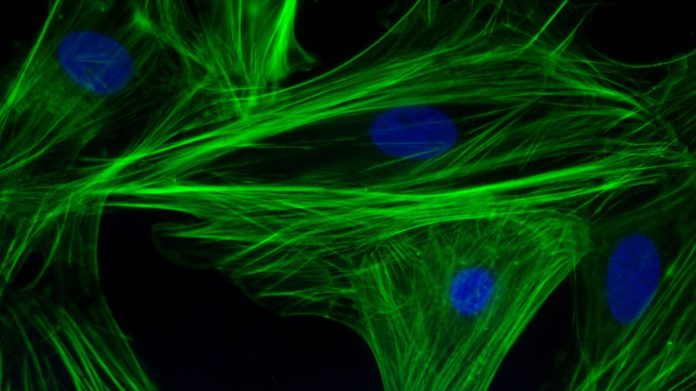Predicting how human hearts will respond to new drugs has long been a challenge in preclinical research. Nearly half of drug recalls are related to cardiac toxicity.
Take the example of Vioxx, a drug that was linked to up to 140,000 cases of coronary heart disease in the US, along with an estimated health cost of $4 billion USD. The drug was voluntarily withdrawn in 2004 after research emerged suggesting it may double the risk of heart attacks and stroke.
TARA Biosystems are closing the gap by addressing safety testing limitations. Their “heart-on-a-chip” tissue models hold applications including cardiac risk assessment and drug discovery. University of Toronto professor Milica Radisic is a co-founder of the startup.
Predicting the behaviour of drugs
The core limitation of conventional research is that human cardiomyocytes (heart muscle cells) cannot be sampled from patients and grown in the lab to obtain the large numbers needed to directly test safety.
What researchers typically do is test compounds in vitro and on animals such as mice and rabbits, but these don’t fully capture the physiology of a human heart. By the time the new drug is being tested on humans, scientists are only between 75-95% sure how the heart will react, according to Radisic.
Advances in stem cell research over the last decade opened new possibilities that could eliminate the need for animal testing and improve results. Induced Pluripotent Stem Cells (iPSCs) are generated from adult cells, like skin cells, that can be reprogrammed into a primitive state. After growing them in the lab to obtain large numbers of them, they can then be differentiated into mature target cell types.
Using iPSCs, researchers at TARA were able to extract cardiomyocytes in the millions, but the hitch was that they were still left with cells that don’t fully behave like adult heart tissue.
Since heart disease is primarily an issue for adult populations, this wasn’t entirely helpful. What TARA has done, in Radisic’s words, is they have built a “bootcamp” for the tissue in which it is electrically stimulated and developed incrementally.
With high precision, they can steadily progress the cells to a point of maturation. The structure and functionality of the cells then become comparable to that of an adult heart, making them viable candidates with which to test new drugs.
“I’m willing to argue that if you are one of the people who lost a loved one due to drug toxicity such as [Vioxx], there is no amount of money which can replace this loss,” said Radisic in a 2016 Ted Talk.
“It is for those reasons that it is the mission of the work in my lab to create a living, beating human heart tissue that we can use for drug testing or repair someone’s injured heart.”
And create they did. TARA’s Cardiotype tissue can replicate the physiology of a human heart (diseased or healthy) so developers can get an early indication of potential liabilities.
Platform making headway with secure testing of drugs
TARA’s technology helps researchers assess a new drug candidate for changes in “contractility, calcium flux, electrophysiology, ultrastructure, and biomarkers of cardiac injury.”
In November 2019, a paper showing promising results for the drug candidate MYK-491 was published in Circulation. The drug was designed to increase contractility with little to no effect on myocardial relaxation, which could lead to diastolic dysfunction if affected. TARA’s technology was able to confirm the findings of other preclinical trials illustrating safety and efficacy.
“These results are exciting because they demonstrate how TARA’s advanced biology can really make an impact on the translation of clinical compounds,” said Michael Graziano, Chief Scientific Officer at TARA Biosystems.
“Replicating complex physiology in systems that up to now could only be seen in animals positions our technology as a faster, cheaper, and more human-relevant alternative to animal testing.”








































